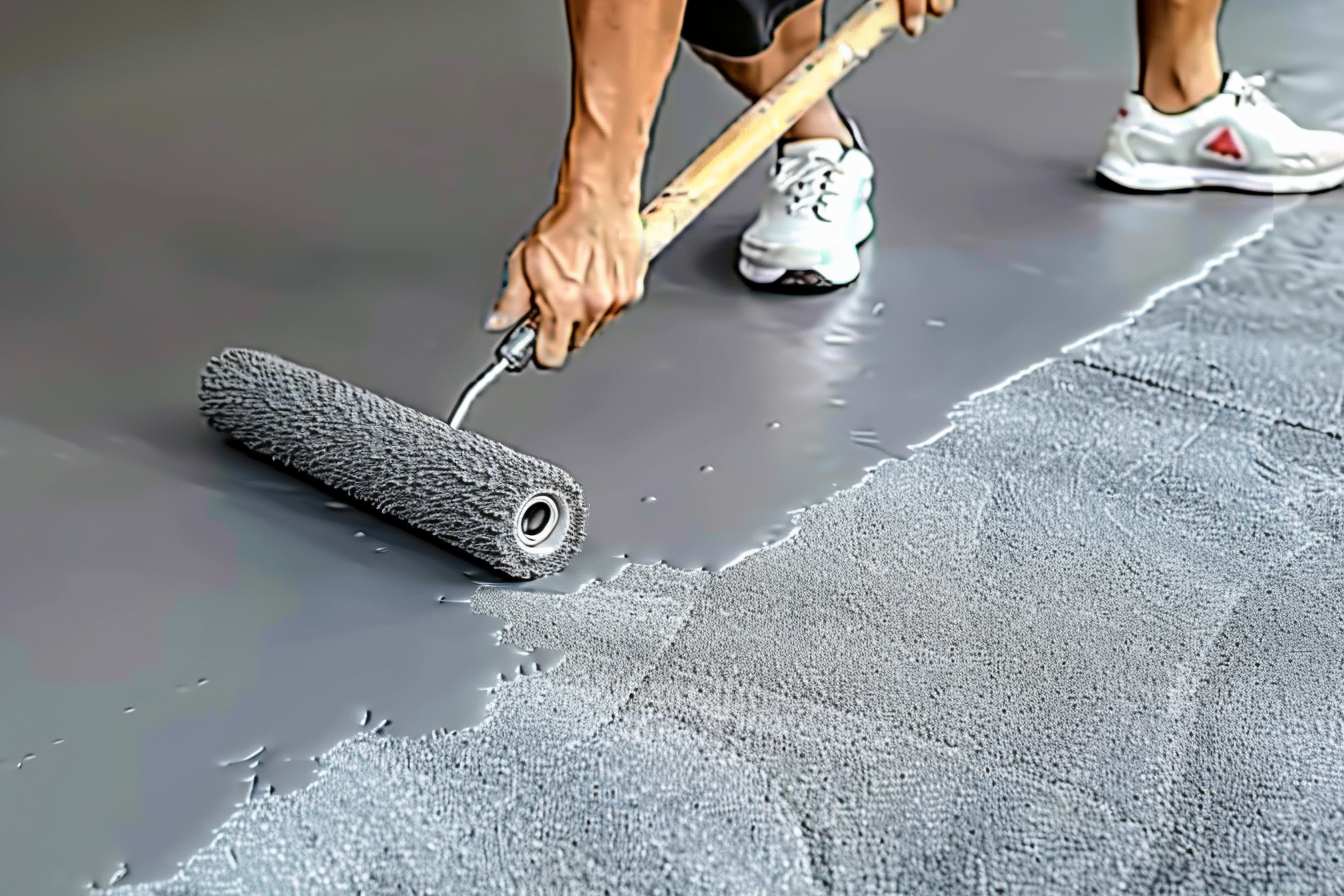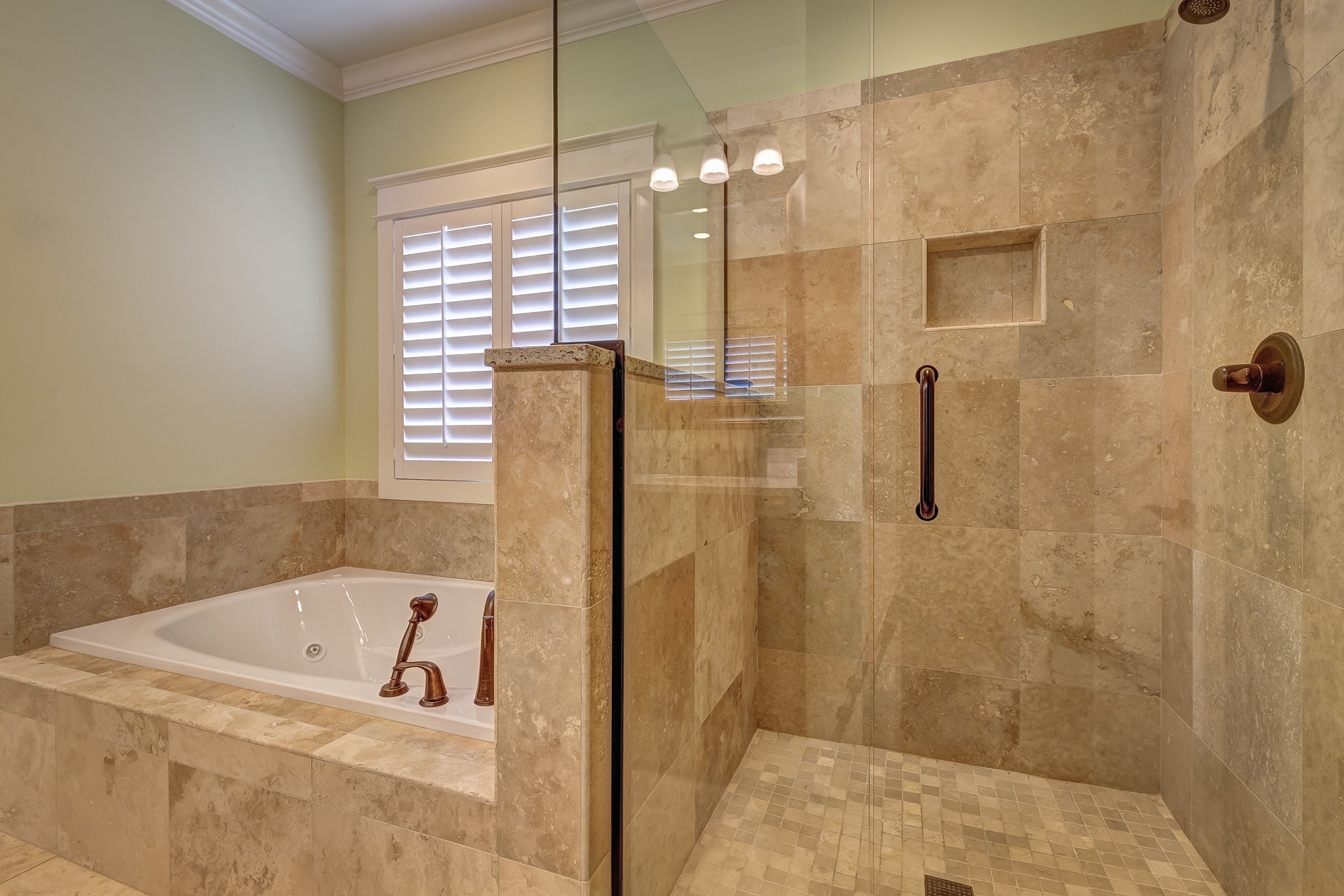The Ultimate Guide to Epoxy Flooring Installation for Your Garage
Epoxy flooring has become a game-changer for homeowners looking to transform their garage spaces into durable, attractive, and functional areas. Whether you're a DIY enthusiast or considering professional installation, understanding the intricacies of epoxy floor coating can help you make an informed decision about upgrading your garage flooring.

What is Epoxy Flooring?
Epoxy flooring is a robust and versatile flooring solution that combines resin and hardeners to create a tough, seamless surface. When these two components mix, they form a rigid plastic material that bonds exceptionally well to concrete surfaces. This unique characteristic makes epoxy an ideal choice for garage floors, offering superior durability, resistance to stains, and a sleek, professional appearance.
Why Choose Epoxy for Your Garage Floor?
Garage epoxy flooring service offers numerous advantages that set it apart from traditional concrete or tile flooring. The material provides exceptional resistance to oil stains, chemical spills, and heavy impacts. Its smooth surface makes cleaning a breeze, and the variety of colors and finishes allow homeowners to customize their space to match their aesthetic preferences.
The Epoxy Floor Installation Process Explained
Professional epoxy floor installation involves several critical steps to ensure a long-lasting and attractive finish. The process typically begins with thorough surface preparation, including cleaning, repairing any concrete cracks, and creating a proper surface profile. Professionals use specialized grinding or shot-blasting techniques to ensure the epoxy coating adheres perfectly to the concrete substrate.
Key Considerations Before Installation
Before committing to an epoxy flooring project, several factors require careful consideration. Temperature and humidity play crucial roles in the installation process, with ideal conditions typically ranging between 60-90 degrees Fahrenheit. Moisture testing is essential, as excess moisture can compromise the epoxy’s ability to bond correctly with the concrete surface.
Comparing Epoxy Flooring Options
| Epoxy Type | Durability | Cost Range | Best Used For |
|---|---|---|---|
| Water-Based Epoxy | Low | $30-$50 per gallon | Light residential use |
| Solvent-Based Epoxy | Medium | $45-$70 per gallon | Moderate traffic areas |
| 100% Solid Epoxy | High | $100-$150 per gallon | Heavy-duty commercial spaces |
Prices, rates, or cost estimates mentioned in this article are based on the latest available information but may change over time. Independent research is advised before making financial decisions.
Maintenance and Long-Term Care
Proper maintenance can significantly extend the life of your epoxy flooring. Regular cleaning with a soft mop or microfiber cloth, avoiding abrasive cleaning materials, and addressing spills promptly will help preserve the floor’s appearance and integrity. Most professional epoxy installations can last 10-20 years with appropriate care.
Epoxy flooring represents an excellent investment for homeowners seeking a durable, attractive, and low-maintenance garage floor solution. By understanding the installation process, benefits, and maintenance requirements, you can make an informed decision that enhances both the functionality and aesthetic appeal of your garage space.




